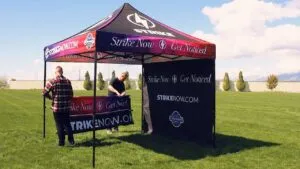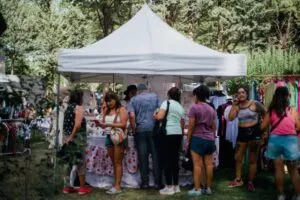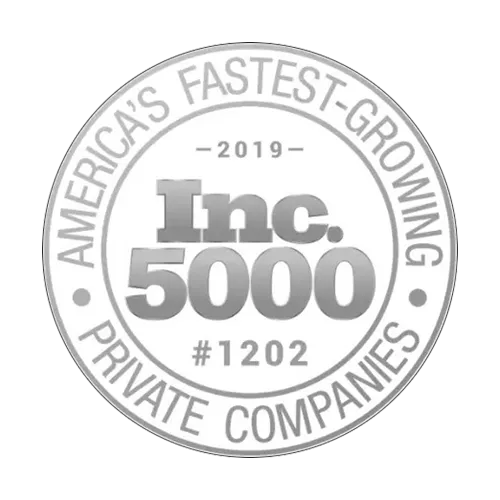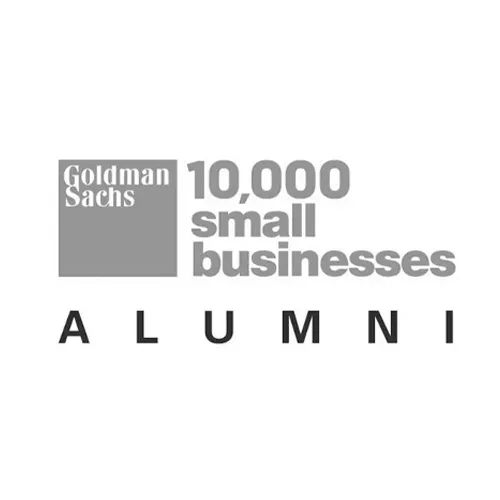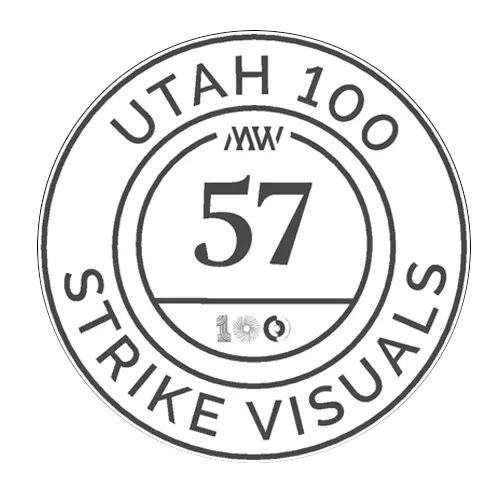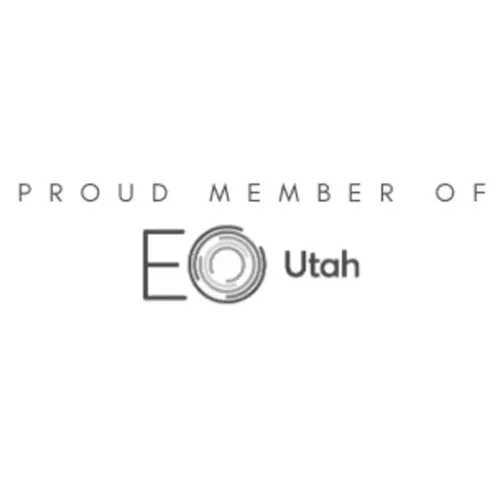Recently updated on April 14th, 2025
In the past, all advertising was done locally. You simply needed to be physically close to your target audiences to spread the word if you wanted to exchange a clay pot for your neighbor’s sheep or create buzz about a new meat pie recipe.
Nonetheless, advancements like the printing press, television, and, most recently, internet marketing technologies have all made it simpler to promote your company across wide geographic areas. It’s so simple that small business owners may be tempted to completely skip local promotions.
But resist that temptation. No matter how little your business is—online or offline—local advertising is still an essential part of your marketing plans. Let’s get to know what is local advertising and how it helps your business.
What Is Local Advertising And How It Is Helpful?
So, what is local advertising? Local advertising targets potential customers within a particular geographic area—usually, the neighborhood or region in which a business operates. This type of advertising focuses on using the platforms and channels that work best in your area to reach a local audience.
To create a strong connection with the community, increase attendance, and raise awareness, local advertising is essential for events. Regardless of the event—a trade show, festival, seminar, or community get-together—local advertising enables companies or event planners to market their events more precisely and individually. Targeting potential customers within a particular geographic area—usually, the neighborhood or region in which a business operates—is known as local advertising. This type of advertising focuses on using the platforms and channels that work best in your area to reach a local audience.
With the goal of creating a strong connection with the community, increasing attendance, and raising awareness, local advertising is essential for events. Regardless of the event—a trade show, festival, seminar, or community get-together—local advertising enables companies or event planners to market their events more precisely and individually.
Types Of Local Advertising
There are numerous ways to advertise locally, based on your objectives and the type of event you’re marketing. These are a few common types of local advertising:
Direct Mail Advertising
· An efficient method of promoting an event to particular zip codes or areas is to use the postal service to send postcards, coupons, or fliers directly to a local audience.
Local Online Advertising
· Google My Business: It is quite advantageous for customers who live nearby to have Google display your event in local search results.
· Local Event Listings: Websites such as Meetup, Eventbrite, and local community boards help in promoting activities in the neighborhood.
· Local Social Media: Ads can be geographically targeted on sites like Facebook, Instagram, and even Nextdoor.
Local TV And Radio Advertising
· Local television and radio stations frequently broadcast notifications about events or the community calendar, which could help in raising awareness.
Outdoor Advertising
· Placing posters, banners, or billboards in busy local locations can draw attention from onlookers and raise awareness of your event.
Partnerships And Sponsorships
· Increasing visibility and aligning your event with other reputable local groups can be accomplished by partnering with other local businesses or sponsoring community activities.
Print Advertising
· Flyers and Posters: You may help spread the news by handing out printed flyers or posters at local businesses, community organizations, or cafes.
· Magazines: Local events are frequently covered in special sections of regional magazines.
· Publications: Ads and event calendars are frequently published in local publications.
How Local Advertising Is Helpful For Events
Affordable for Smaller Events
Local advertising is frequently more economical for smaller events with tighter budgets than more extensive, national advertising campaigns. Local advertising focuses on a particular location, allowing you to get more value out of your marketing investment than broad campaigns that might or might not be relevant to your audience.
Boosts Local SEO And Online Visibility
Optimizing local search engine optimization (SEO) is crucial when promoting an event locally. You may increase your exposure in local search results and make it simpler for prospective attendees to find your event online by including location-based keywords on your website, social media accounts, and event listings.
Boosts Recognition Of The Brand
Local advertising can help businesses that are sponsoring events raise their brand awareness in the community. Your brand is more likely to be remembered and trusted in the future if more people see your company name, logo, or event being advertised locally.
Builds Momentum And Increases Event Awareness
The more local advertising you do for your event, the more likely it is to gain momentum. Excitement and anticipation increase as awareness grows, which raises interest in the event and increases attendance.
Creates Alliances With Neighborhood Companies
Working together with other local companies and organizations is a common part of local advertising. Cross-promotional partnerships with nearby companies can expand the audience for your event and offer advantages to both parties, such as exposure to new clients or customers.
Encourages Community Involvement
Local advertising facilitates direct community engagement for companies or event planners. It guarantees that the event is pertinent to local needs and interests and encourages a sense of community involvement. When an event is promoted locally, people are more inclined to go because they engage with the venue and the local companies that are hosting it.
Promotes Word-Of-Mouth Advertising
Advertising through word-of-mouth is encouraged via local advertising. Local consumers are more inclined to tell their friends and family about an event when they see it advertised in their neighborhood, which increases your reach for free.
Targets The Appropriate Market
Local advertising guarantees that you’re targeting people who are more likely to attend your event by concentrating on certain geographic areas. Advertising a local concert or trade exhibition in a nearby neighborhood, for instance, will directly target residents who have a stake in going. This facilitates attracting the appropriate demographic for event participation, ticket sales, or foot traffic.
Conclusion
What is local advertising? Local advertising is an effective and affordable approach to reach a specific audience in your area, making it a great tool for advertising an event. It makes sure you’re reaching the right kind of people, improves community participation, and helps build momentum and excitement for your event. You may boost attendance, establish trusting connections with nearby companies, and ultimately improve the success of your event by concentrating on the local market.
Local advertising guarantees that your event connects with the community and makes a lasting impression, whether it is done through partnerships, print materials, or social media.


